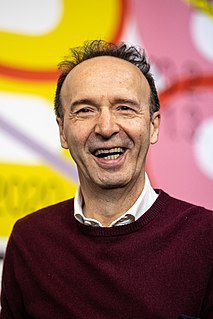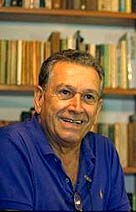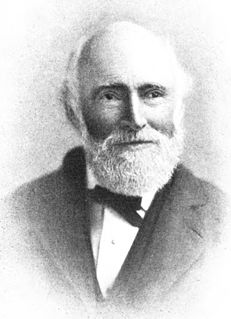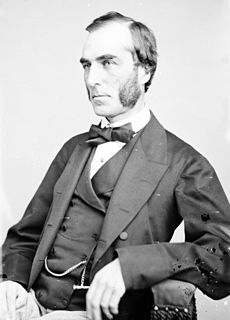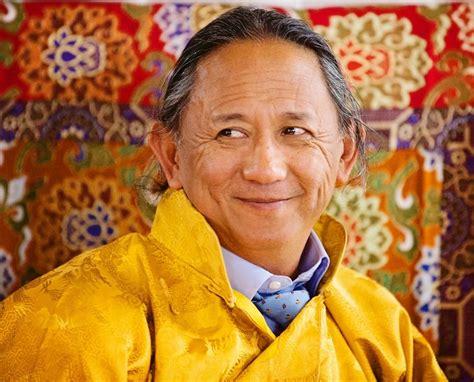A Quote by Vanna Bonta
To paraphrase the great poet Dante, the heavens swirl above us and our eyes are still cast to the ground.
Related Quotes
Dante Alighieri was not only a Christian poet or a priest, he was a man. He was a real poet. We can understand that the goal of Divine Comedy is beauty. You don't need also to understand Italian or to know Italian, because when Dante's writing, when we recite Dante out loud, it explodes a cosmos of illumination like to recite music, a symphony.
Let us serve Him faithfully as our Master. Let us obey Him loyally as our King. Let us study His teachings as our Prophet. Let us work diligently after Him as our Example. Let us look anxiously for Him as our coming redeemer of body as well as soul. But above all let us prize Him as our Sacrifice, and rest our whole weight on His death as atonement for sin. Let His blood be more precious in our eyes every year we live. Whatever else we glory in about Christ, let us glory above all things in His cross.
Let us always keep before our eyes the fact that here on earth we are on a battlefield and that in paradise we shall receive the crown of victory; that this is a testing-ground and the
prize will be awarded up above; that we are now in a land of exile while our true homeland is Heaven to which we must continually aspire.
In the middle of this despair [of postwar Germany], my family learned about The Church of Jesus Christ of Latter-day Saints and the healing message of the restored gospel of Jesus Christ. This message made all the difference; it lifted us above our daily misery. Life was still thorny and the circumstances still horrible, but the gospel brought light, hope, and joy into our lives. The plain and simple truths of the gospel warmed our hearts and enlightened our minds. They helped us look at ourselves and the world around us with different eyes and from an elevated viewpoint.
In a way, that's also a recognition that Dante needs Virgil and that the Inferno needs the Aeneid and that the epic needs a model and that for Dante to write this great poem he needs someone to come before him and he turns to Virgil's text, especially book six where Aeneas goes down into the underworld. And for me, that's a model of the poet's relationship to previous poetry, to another poetry as calling out for guidance.
It's hard to tell / if we close our eyes or if night / opens in us other starred eyes, / if it burrows into the wall of our dream / till some other door opens. / But the dream is only the flitting costume of one moment, / is spent in one beat / of the darkness, / and falls at our feet, cast off / as the day stirs and sails away with us.

